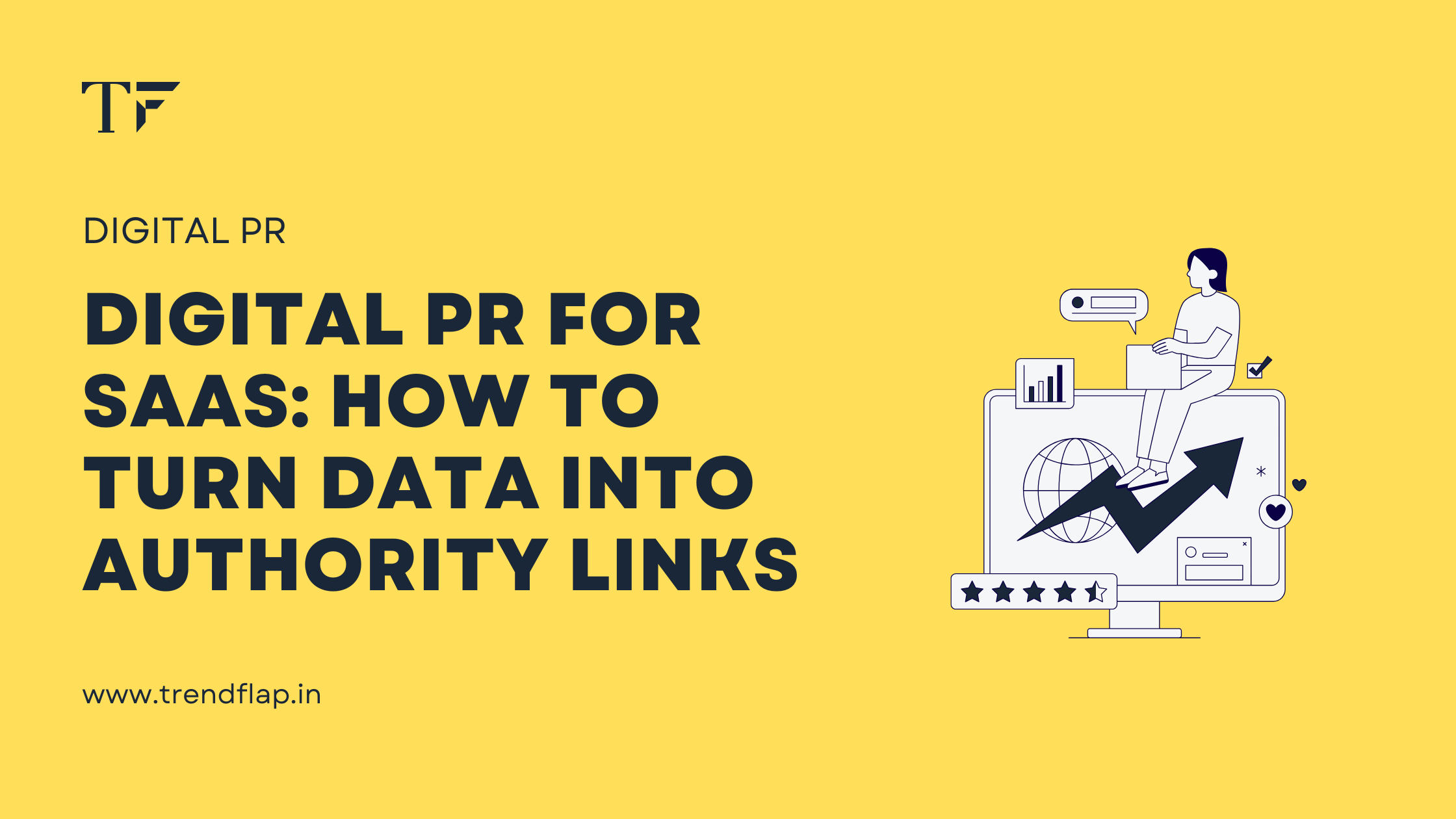What Makes AI Essential in Modern Digital Marketing?
AI is the backbone of contemporary digital marketing. With AI, marketers now tap into powerful predictive analytics and automated tools that take the guesswork out of campaign management.
I've watched teams multiply their campaign ROI by letting AI analyze customer behavior and optimize spend in real time. Smart systems make instant adjustments in ways that would take humans days. Put simply, AI allows marketers to do more, faster, and with greater accuracy.
How Can Data Analytics Transform Your Marketing Strategy?
Data analytics turns raw numbers into actionable insights. AI supercharges this process, making it possible to uncover patterns across channels and predict trends with high accuracy.
The best marketers now spend most of their time deciphering AI-generated insights instead of crunching numbers by hand. If you can master statistical reasoning and cross-platform data interpretation, you can connect customer journeys and adjust strategies instantly.
| Traditional Analytics | AI-Enhanced Analytics |
|---|---|
| Historical reporting | Predictive forecasting |
| Manual data correlation | Automated pattern recognition |
| Segment-based insights | Individual customer predictions |
| Scheduled reports | Real-time optimization |
Which AI Tools Should Every Marketer Master?
The game-changers include:
- Content Creation: Jasper, ChatGPT, and Grammarly for fast, branded copy.
- Automation: HubSpot and Marketo for complex workflows and lead nurturing.
- Social Media: Hootsuite and Buffer Analyze for smart scheduling and audience research.
- SEO: SEMrush and SurferSEO to predict high-ranking keywords.
- Customer Experience: Drift and Intercom for AI-powered conversations and support.
Why Is Marketing Automation Critical for Success?
Automation multiplies marketing results, if set up intelligently. The real skill is building adaptive workflows based on customer actions. Advanced automation platforms analyze customer signals and move prospects down the funnel automatically, ensuring every action is timely and relevant.
The future is predictive automation, where AI chooses not just the right moment but also the best message.Trigger-based and lifecycle marketing automation have reliably produced dramatic improvements in leads and conversion rates when I've implemented them.
How Do You Create Personalized Experiences at Scale?
Personalization now focuses on behaviors, not just demographics. AI analyzes clicks, browsing, and downloads, delivering tailored content for each user in real time.
Dynamic optimization platforms like Adobe Target and Optimizely run hundreds of live experiments to determine what message works for each customer, headlines, images, and calls-to-action are all adjusted automatically.
Predictive personalization anticipates needs and suggests products or content before customers even ask, driving conversion rates up. The trick is ensuring these systems are well integrated and the results closely monitored.
What Skills Help You Integrate AI with Traditional Marketing?
Blending strategic thinking, creative storytelling, and ethical data use is what separates leading marketers from the rest. AI optimizes tactics, but it still takes human insight to set a strategy and design a campaign with real emotional impact.
Marketers must understand data privacy laws, like GDPR, and practice responsible use of AI for lasting customer trust. Change management is also key, as AI adoption requires shifting team workflows and mindsets.
How Can You Stay Ahead of Emerging AI Trends?
The smartest marketers learn by doing, testing new tools, engaging in professional networks, and taking cross-industry inspiration. Setting aside time weekly to experiment, join discussions, and pursue fresh certifications helps keep skills sharp.
Communities like LinkedIn marketing groups and industry certifications from Google Skillshop and HubSpot Academy are great resources. Documenting and evaluating what works in your real-world campaigns ensures you not only keep up but get ahead.






